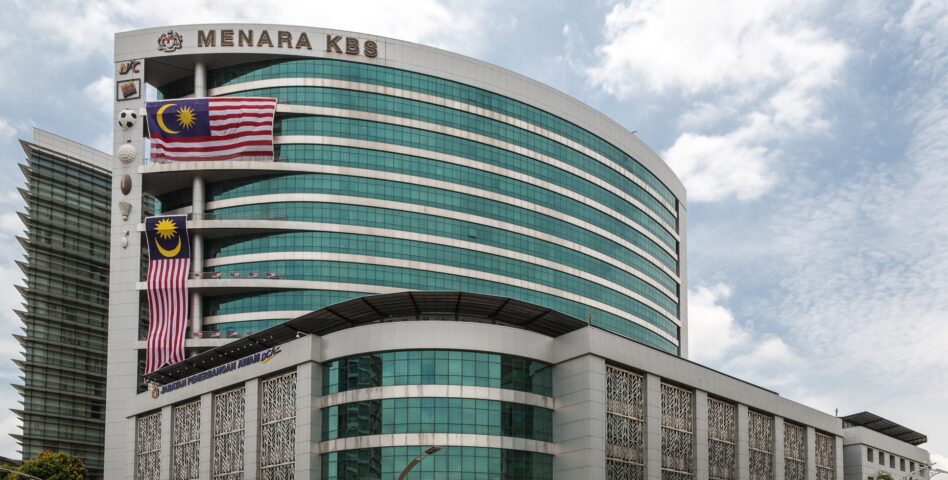RECRUITMENT and workforce solutions specialist Hays has recently polled working professionals on LinkedIn across five locations in Asia including Malaysia, China, Hong Kong SAR, Japan and Singapore where respondents were asked to weigh in on their sense of productivity in four-day workweek.
The findings reveal strong support for the model in Malaysia, where 65% of respondents believe they would be more focused if required to complete their tasks within a four-day timeframe, followed by Japan (54%) and Singapore (49%).
China led the region, with 73% of professionals expressing confidence in their ability to maintain focus and productivity under a shorter workweek model.
“The appeal of a four-day workweek continues to grow among professionals who value greater efficiency and focus in their roles,” said Natasha Ishak, Regional Director at Hays Malaysia.
“This is particularly relevant in the Malaysian context, where 35% of professionals polled in the Hays Asia Salary Guide reported dissatisfaction with their work-life balance.”
Resistance to the concept was minimal, with only four per cent of respondents expressing concern that the workload would be too heavy for a shortened week.
Meanwhile, seven per cent indicated that the change would have little impact due to already having flexible schedules, and 24% said their performance would depend on the nature of their role.
Shorter workweeks linked to greater job satisfaction and productivity

The concept of offering professionals an additional day of rest within the standard workweek continues to gain traction globally.
A pilot study in the United Kingdom demonstrated that participants in a reduced workweek reported fewer absences and lower turnover, outcomes closely linked to improved work-life balance.
“Promoting work-life balance has become a key factor in attracting and retaining talent in Malaysia. Today, 39% of professionals consider these policies when seeking new opportunities, and 42% cite them as a reason for staying with their current employer,” said Natasha.
Beyond boosting employee productivity, shorter workweeks also help reduce operating costs, allowing organisations committed to remaining closed one extra day a week to save on utilities and other overheads.
These efficiencies contribute meaningfully to Environment, Social and Governance (ESG) goals by lowering carbon emissions, supporting employee wellbeing, and reinforcing a company’s commitment to sustainable and socially responsible business practices.
Uprooting a tradition of work culture
Despite the growing interest in shorter workweeks, it remains unclear how many organisations have formally adopted the four-day model. The traditional five-day workweek continues to be the global norm, but signs of change are emerging.
“While the four-day workweek is not yet common in Malaysia, there has been notable progress in adopting flexible work arrangements,” noted Natasha.
“Over 50% of organisations surveyed provide remote work opportunities, demonstrating a strategic focus on enhancing employee wellbeing and improving retention.”
According to Natasha, as more data emerges on the advantages of four-day workweeks, the focus is shifting towards how organisations can implement this model effectively and sustainably.
“The challenge lies in crafting a clear strategy that enables this transition while staying competitive in a rapidly evolving job market,” she added. ‒ June 5, 2025









